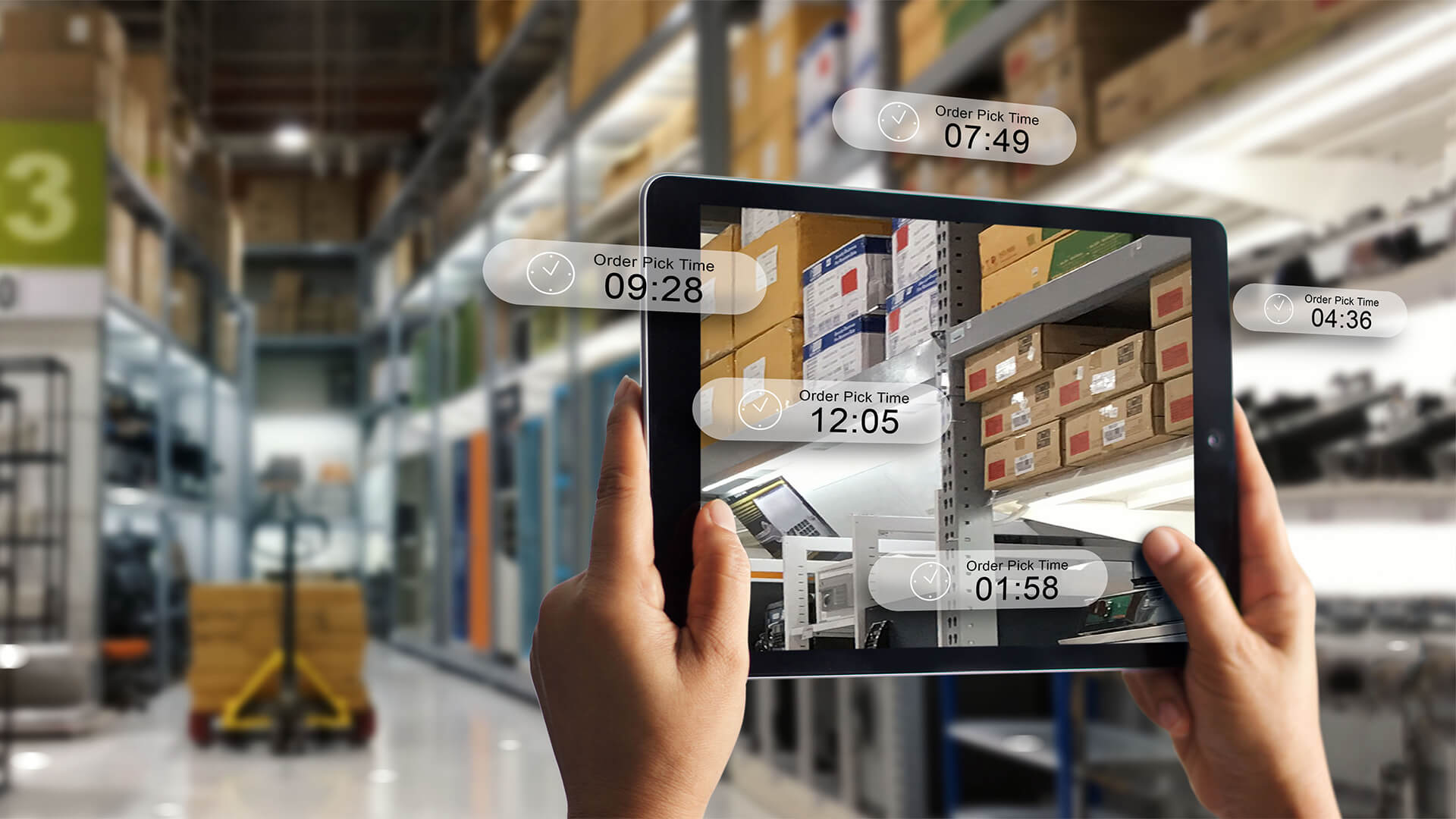Every experienced entrepreneur knows that efficient retail operations are vital when it comes to better profitability. These operations and processes are often among the few business segments that a manager or a business owner can control to some extent.
The thinner the profit margin, the higher the need for an efficient system that minimizes unnecessary expenditure and maximizes the results of all funds that are invested.
One great way to improve your business’s operations and make it more profitable is by introducing various software solutions and tools.
Basically, the choice of software you will use comes down to your business type. However, there are some software solutions that almost all stores can use.
Take a look at those tools and how they can help your business.
Order fulfillment tools
It is common knowledge that timely order fulfillment is an important aspect of any business since, untimely, orders can lead to the loss of customers. In fact, a significant 38% of customers abandon their orders if they take longer than a week.
So, it is clear that your business needs spick-and-span order fulfillment and this is where order fulfillment software comes into play. Tools of this kind automate certain aspects of a retail business, which include packing, shipping, picking inventory, inventory management, tracking processes, and picking lists.
Fulfillment automation tools especially help retailers that have an online presence, since it reduces errors by automating processes and streamlining the entire fulfillment operations process.
It can be rather helpful to combine this software with other tools, as most fulfillment tools can be integrated and you will be able to track information and offer real-time updates. It’s a win-win situation, both for you and your customers.
Inventory management software

Profits, obviously, are based on sales. That is why it is important for every store to have smooth inventory management.
Customers now expect quite a lot of things from retailers. For instance, they expect to be able to visit a store’s website and check if an item is in stock before they visit the location.
This means that retailers need to accurately track all their inventory and even predict potential in-store and click-and-collect sales for that day to ensure that the promised amount of inventory is accurate and available to customers.
Generally, inventory management software can help the retail operations manager figure out how much stock to order and when so that the store can maintain the right amount of stock to service customers.
An auto-replenishment feature can even automate some of this work for the manager and automatically order additional stock when inventory levels decrease.
These are some of the features good software tools of this kind have, but there are other ones that can have a major impact on your business too.
For instance, if you happen to run a clothing store, you could make great use of apparel management software. In fact, there is a study just released that states how apparel management software can help with the management of an apparel business, including manufacturing and supply chain management.
It should also provide ERP features specific to apparel companies as well as offer tools for managing orders, sales floor management, and customization.
CRM software for retailers
Customer relationship management software (CRM) allows a business to manage interactions with both existing and potential clients.
CRM software solutions analyze customer data with the aim of helping your business improve its relationships with customers and focusing on customer retention and sales boost.
Major benefits that good CRM software solutions bring to retailers include:
- A great CRM solution gathers data and provides tools to segment the data, as well as access to data visualization tools, like graphs and charts for further analysis.
- This software can automatically store all company communications. This allows you to view call details, emails, and calendars in one place. Ultimately, this can lead to better productivity and work efficiency.
- CRM provides access to customer interactions and order histories, enabling employees to take a unified approach toward customers and, as a result, improving customer service. This kind of access allows your business to foster better relationships with clients.
If you have departments you need to connect, definitely consider installing a CRM system for your company. In this case, a unified system makes a lot of sense.
Payment processing software

As a retailer, you should be able to smoothly process payments both in-store and online. This is a must nowadays when more and more people shop online.
After all, if consumers can shop seamlessly in brick-and-mortar stores, why shouldn’t they be able to do that online too?
A good payment processing software solution allows a business to process debit cards, credit cards, and other payment methods to facilitate transactions, allowing them to process quickly and securely. It lets customers enter their payment details and protects them by connecting with financial institutions.
The software creates greater credibility for your business and helps improve overall security by minimizing fraud. On top of that, invoices get processed faster, which only minimizes costs further by reducing the need for a billing and invoicing department.
This is why every serious business that plans to expand needs payment processing software. Operating online and handling cashless payments is something you cannot do without these software tools.
ERP software
Enterprise resource planning (ERP) software is a platform that integrates various processes and functions across the company. This software can combine, manage, and analyze data from different tasks by allowing the user to see it in one place. Thanks to its dynamic nature, it can be used across multiple industries.
The global ERP software market is already huge and it’s only going to grow even more. That, alone, is a clear signal of how important it already is to many businesses. Many clothing businesses, healthcare institutions, and even retailers are already capitalizing on this type of software.
The most important benefit of using ERP is the centralized database. The database provides employees with all the important documents and customer information. In return, it improves efficiency and reduces errors thanks to automation.
Final thoughts
Thanks to various technological advancements, businesses all around the globe are getting a chance to improve their operations and processes. Some novelties even allow entrepreneurs to reinvent their businesses from the ground up.
All in all, if your business can be improved with the help of the mentioned software tools, do not hesitate to implement them. The results will be there and you will feel them.




























